Psychedelische Forschung



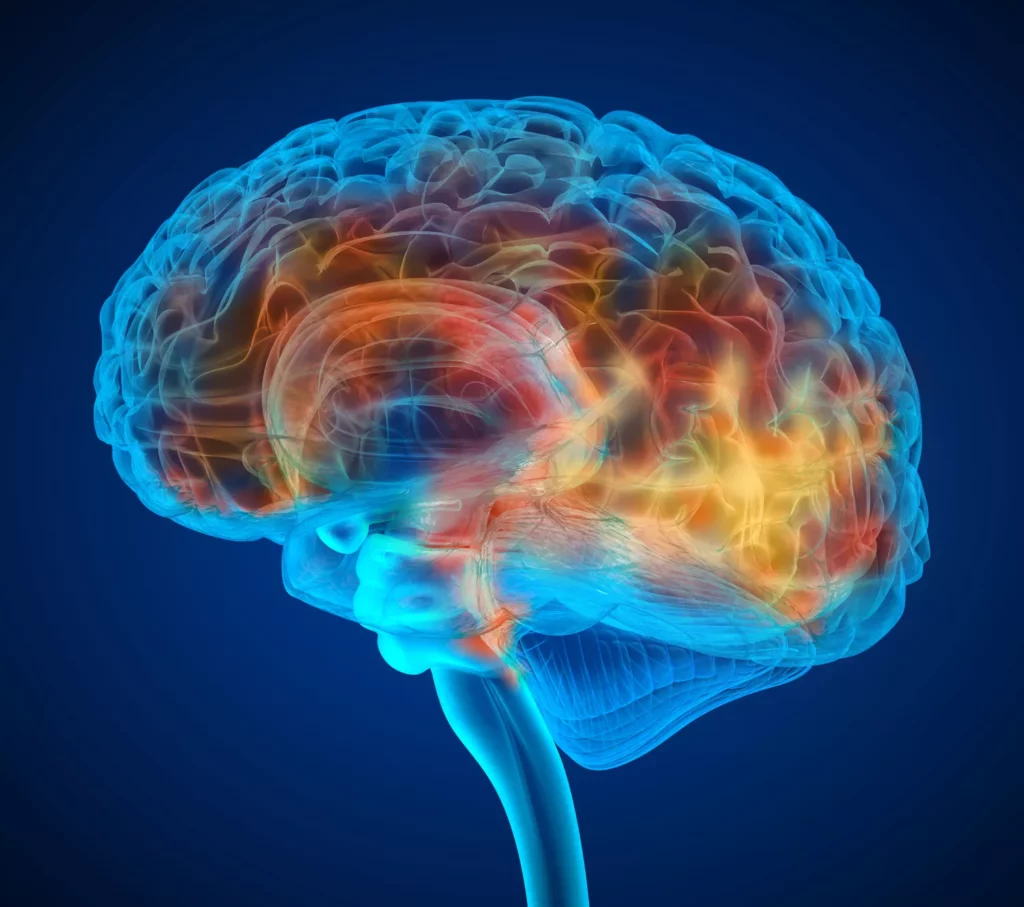
Wissenschaft und Zeremonie überbrücken
Erforschung der Auswirkungen von psychedelischen Retreats
Wir bei Rejuvyn schätzen die Kraft der wissenschaftlichen Untersuchung der Auswirkungen psychedelischer Medizin auf die menschliche Gesundheit zutiefst.
Während wir derzeit die sogenannte „dritte Welle“ der psychedelischen Renaissance erleben, steht das Feld immer noch vor großen Herausforderungen. Dazu gehören die Entwicklung robuster Studien, die Auseinandersetzung mit ethischen Bedenken bei Messungen während veränderter Bewusstseinszustände, Schwierigkeiten bei der Entwicklung wirksamer Placebos und die Sicherung ausreichender Finanzmittel.
Trotz dieser Hürden schreitet die klinische Forschung allmählich voran. Es besteht jedoch weiterhin ein entscheidender Bedarf an Studien, die die tiefgreifenden Vorteile zeremonieller Settings authentisch erfassen können.
Vor diesem Hintergrund ist Rejuvyn stolz darauf, mit dem Imperial College London, der University of Exeter und der Universität Leiden in den Niederlanden zusammenzuarbeiten, um die Forschung zu den kurz- und langfristigen Auswirkungen von psychedelischen Retreats voranzutreiben. Gemeinsam wollen wir deren Auswirkungen auf das Wohlbefinden, die psychische Gesundheit, die Gehirnfunktionalität und mehr untersuchen.
Unsere Partner
University of Exeter und The Centre for Psychedelic Research am Imperial College London, geleitet von Dr. Robin Carhart-Harris, Hannes Kettner und Dr. Leor Roseman.
Doktorandin: Siân Lavis (leitet Studie 3)
Das Labor für psychedelische, religiöse, selbsttranszendente und mystische (PRSM) Erfahrungen an der Abteilung für Kognitive Psychologie der Universität Leiden, Fakultät für Sozialwissenschaften, geleitet von außerordentlichem Professor Dr. Michiel van Elk.
Die Gruppe verwendet eine Vielzahl von Methoden nach den Prinzipien der offenen Wissenschaft. Michiel hat ein tiefes Interesse an veränderten Bewusstseinszuständen, wie sie durch Psychedelika, Meditation und andere Mittel hervorgerufen werden.
Doktoranden: Huseyin Beykoylu (leitet Studie 1) und Xaver Funk (leitet Studie 2)
Aktuelle Studien, an denen wir beteiligt sind
Studie 1:
Live-Tracking von psychologischen Veränderungen
* Momentan keine freien Plätze
Eine Beobachtungsstudie über die Auswirkungen von Psilocybin-Trüffeln in einem Retreat-Setting. Diese Studie untersucht, wie Psilocybin-haltige Trüffel, die in einem Retreat-Setting verwendet werden, Aspekte der eigenen Erfahrung und der mentalen Prozesse verändern können, wie z. B. das Wohlbefinden, den Lebenssinn und die Achtsamkeit. Die Studie zielt auch darauf ab zu untersuchen, wie das Retreat-Setting zu potenziell dauerhaften Veränderungen in der eigenen Erfahrung und Persönlichkeit beiträgt. Alles, was Sie dafür benötigen, ist eine Handy-App und 2 Minuten Ihrer Zeit, um Fragen zu Ihrem psychologischen Zustand zu beantworten.
Wenn Sie vor oder nach der Teilnahme an dieser Studie Fragen haben, können Sie das Forschungsteam per E-Mail unter retreatESM.study@fsw.leidenuniv.nl oder den leitenden Prüfarzt: Michiel van Elk (m.van.elk@fsw.leidenuniv.nl) kontaktieren.
* Momentan keine freien Plätze
Als Belohnung erhalten Sie ein Psychedelic-Freiwilligen-T-Shirt und eine Netzwerkgrafik, die Aspekte Ihrer persönlichen Reise visualisiert!
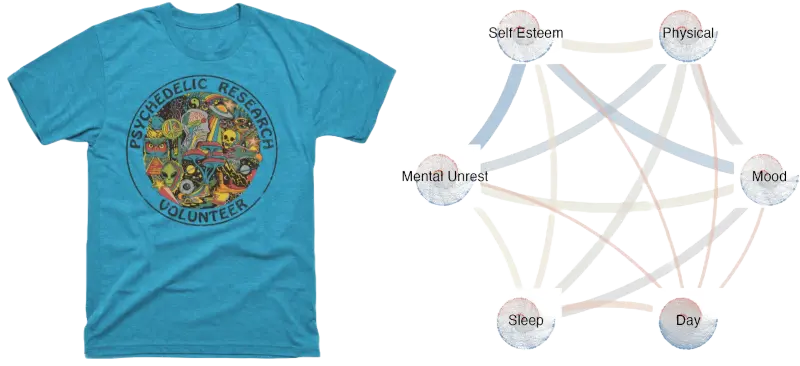
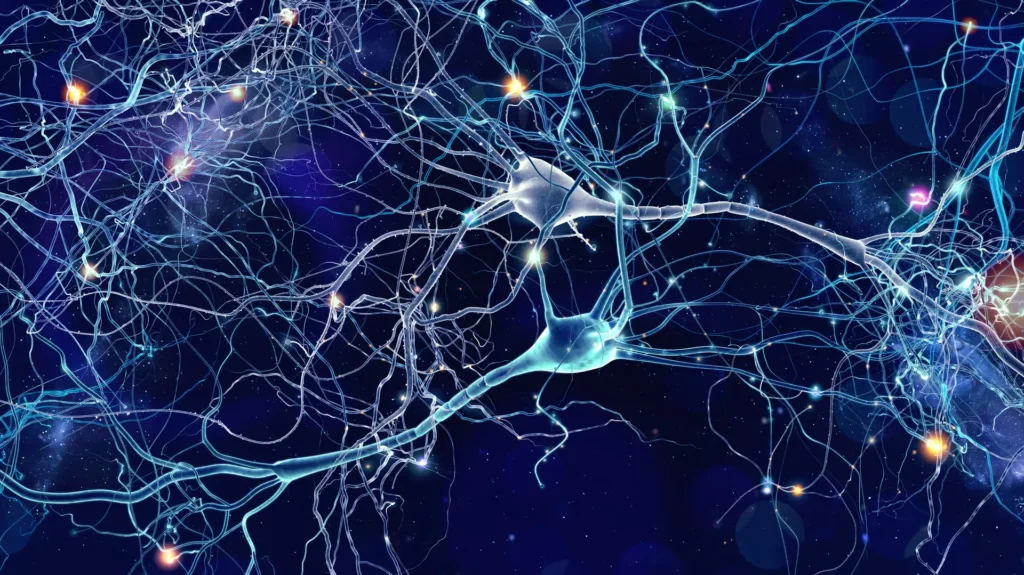
Studie 2:
fMRI-Psychedelische Forschung
* Momentan keine freien Plätze
Diese Studie untersucht die Veränderungen der Gehirnkonnektivität, die durch die Teilnahme an einem psychedelischen Retreat hervorgerufen werden, sowie die damit verbundenen Veränderungen in Persönlichkeit und Wohlbefinden. Die Studie umfasst zwei persönliche Sitzungen an der Universität Leiden mit fMRI-Gehirnscans innerhalb von drei Tagen vor und nach dem Retreat sowie drei kurze Online-Follow-up-Umfragen in den folgenden Wochen.
Als Belohnung erhalten Sie ein T-Shirt und eine Visualisierung Ihrer persönlichen Gehirnkonnektivitätsänderungen. Außerdem erstatten wir alle Reisekosten von und zum Labor innerhalb der Niederlande.
Wenn Sie vor oder nach der Teilnahme an dieser Studie Fragen haben, können Sie das Forschungsteam per E-Mail unter retreat.study@fsw.leidenuniv.nl kontaktieren.
* Momentan keine freien Plätze
Als Belohnung erhalten Sie ein Psychedelic-Freiwilligen-T-Shirt und eine Visualisierung Ihrer Gehirnkonnektivitätsänderungen!
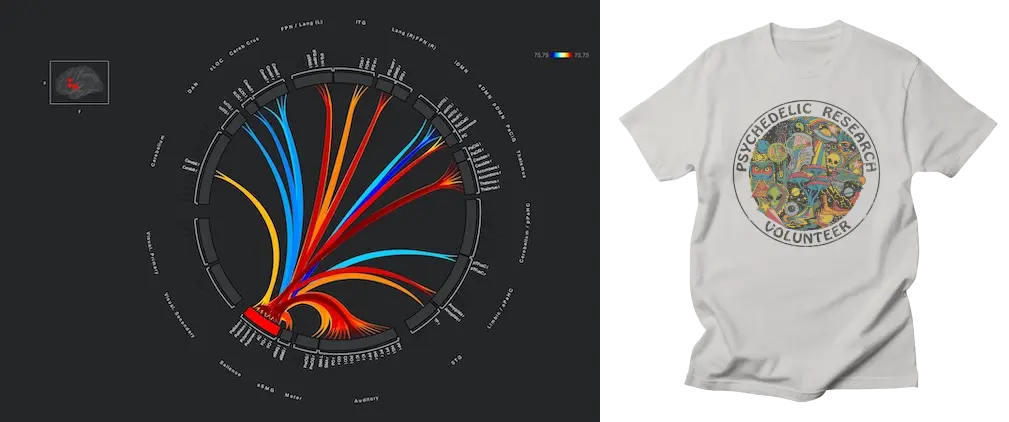
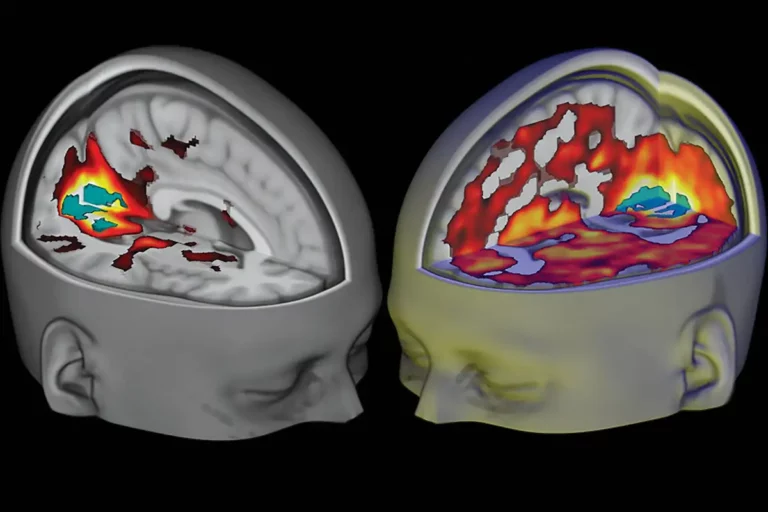
Study 3 :
Die psychedelische Zeremonien-Umfrage
Eine wissenschaftliche Gesundheitsforschung, die sich mit den psychologischen Auswirkungen des gezielten und angeleiteten Einsatzes von Psychedelika und Pflanzenmedizin beschäftigt.
Diese psychedelische Forschung ist eine Beobachtungsstudie, die untersucht, wie geführte Pflanzenmedizin-Reisen – also begleitete Erfahrungen mit psychedelischen Substanzen – das psychosoziale Wohlbefinden von Teilnehmer*innen in Retreat-Settings beeinflussen.
Im Fokus stehen dabei die Qualität der psychedelischen Erfahrung und deren mögliche positive Wirkungen auf emotionale und psychische Prozesse.
Ziel dieser Arbeit ist es, ein tieferes akademisches Verständnis von Psychedelika und ihrer Anwendung in Retreat-Zentren zu fördern. Darüber hinaus sollen die Erkenntnisse langfristig neue Impulse für die Behandlung psychischer Belastungen geben – insbesondere durch die Verbindung naturbasierter Heilmethoden mit bestehenden therapeutischen Ansätzen.
Auch wenn es sich nicht um eine klassische klinische Studie handelt, leistet diese Beobachtung einen wichtigen Beitrag zur Entwicklung ganzheitlicher Konzepte in der modernen Psychiatrie.
Die Studie umfasst das Ausfüllen von Umfragen zu drei Zeitpunkten: innerhalb von zwei Wochen vor der Teilnahme an Ihrem Retreat (ca. 45-60 Minuten); einen Tag nach Ihrem Retreat (ca. 15-20 Minuten); und vier Wochen nach Ihrem Retreat (ca. 45-60 Minuten). Sie können diese Fragebögen auf jedem elektronischen Gerät mit Internetzugang ausfüllen und Ihre Antworten speichern und zur Studie zurückkehren, wenn Sie sie nicht in einer Sitzung abschließen können.

